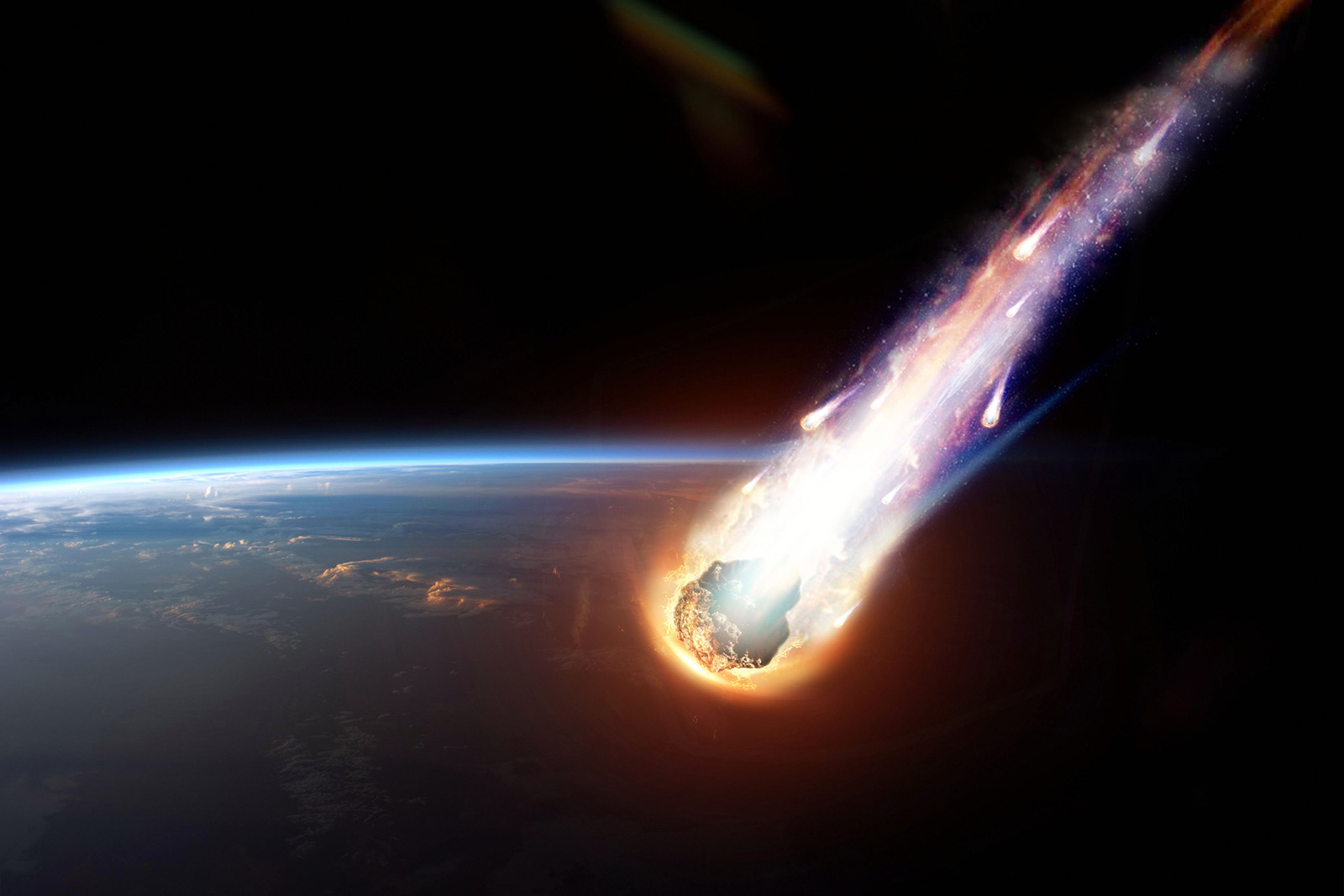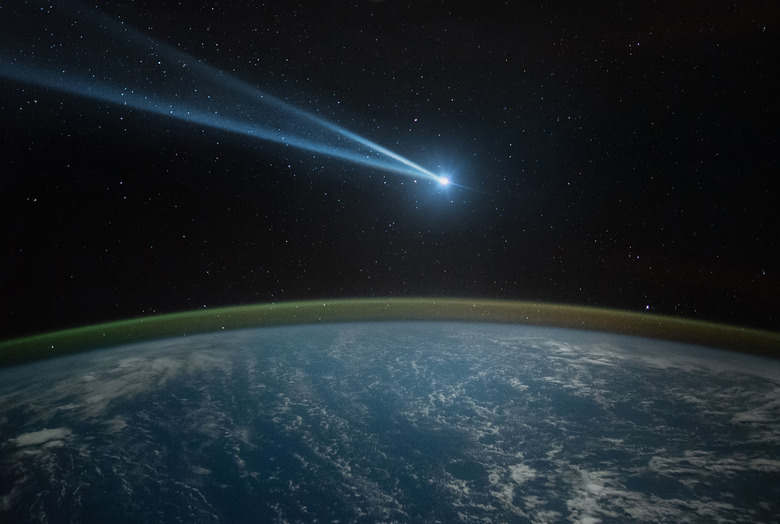An Asteroid Just Hit Earth, But It's Not As Bad As It Sounds
An asteroid impacted Earth today, but it didn't do any damage. The asteroid in question was known as 2024 RW1. It was first detected early on September 4, 2024, just hours before it slammed into the Earth. The asteroid burned up in the atmosphere just east of the Phillippines, according to New Scientist.
While it created a fairly large fireball, the asteroid was unfortunately hard to see from the ground due to cloudy weather produced by a typhoon in the area. According to estimations made by astronomers at around 12:45 P.M. ET, the asteroid impacted Earth's atmosphere while traveling roughly 17.6 kilometers per second.

This isn't the first time that an asteroid has impacted Earth just hours after being discovered, either. In fact, astronomers believe there could be thousands of asteroids out there that we don't know about yet due to them being hidden by the bright light of the sun. As such, astronomers are always looking for new ways to detect those asteroids so that we can prepare for the worst—if it should come to that.
While the asteroid did, in fact, hit Earth and burn up in the atmosphere, it was never large enough to cause any damage, thankfully. Of course, that isn't always the case. We've had a couple of "close calls" with asteroids in the past, with two asteroids passing Earth on the same day earlier this year. Thankfully, none of those have impacted our planet, so there hasn't been any trouble there.
If you've ever wondered what an asteroid impact might do to the Earth, though, there are a lot of resources out there that can give you a good idea. One website, for example, can even let you customize how big the asteroid or comet is, what kind it is, and even where it hits. It can definitely be a bit scary to think about, though. Thankfully, NASA has been working on ways to turn asteroids away, and a test last year proved very successful at changing an asteroid's trajectory.
